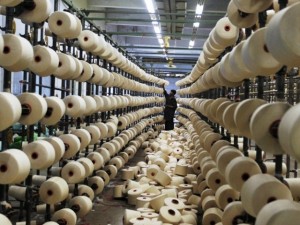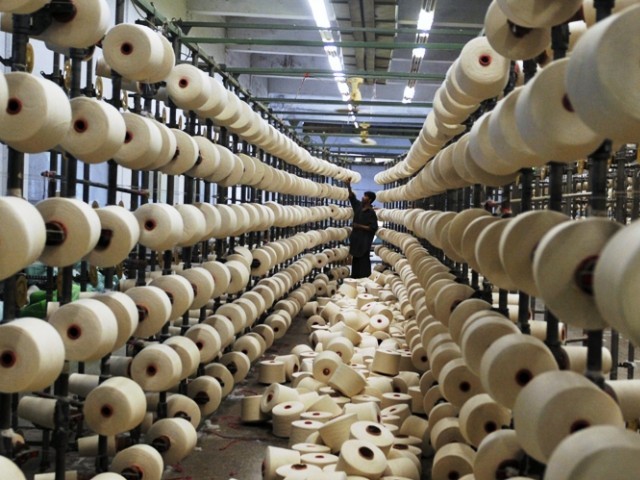
(DNE File Photo)
A group of labour movements and activists demanded the return of four suspended labour leaders from the Mahallah Company for Cotton Spinning and Weaving, calling for the end of “privatisation policies”.
The movements released a joint statement calling for the issuance of a new Syndicate Freedoms Law. The suspended workers, including prominent labour leader Kamal Al-Fayoumi, were accused of inciting fellow workers to strike.
The statement accused the holding company of suspending the workers without giving clear reasons, to “stop workers strikes”.
Al-Fayoumi has been prominent in labour activism since 2006, and has been critical of the regimes that followed the 25 January Revolution.
The Popular Current Party previously described Al-Fayoumi as one of the vanguards of the 2008 Mahallah workers’ strike, which confronted the regime of former president Hosni Mubarak.
“Without this labour mobalisation, the forces of dissent wouldn’t have united against the oppressive Mubarak regime,” the party said.
In February 2014, 13,000 workers began an open-ended sit-in in the Mahalla factory, demanding promised bonuses and the new government-sanctioned minimum wage.
Mahalla workers staged a crippling strike in 2006 to demand bonuses and better wages, which inspired numerous other strikes by factory workers across the country. This strike is often credited as being one of the major factors leading up to the 25 January Revolution.
Currently in Egypt, workers proven to have engaged in a strike can be forced into retirement. The decision was announced in court last week after a High Administrative Court verdict.
The decision, which cannot be legally challenged, defined “striking” as any act of gathering by the workers, through which they halt all production process, while still being part of a company or institution workforce.
The verdict, which came one day after President Abdel Fattah Al-Sisi’s meeting with “workers’ representatives” in the heavily fortified Police Academy, was strongly criticised by local human rights groups.
Also, in certain cases, activists can be accused of supporting or inciting workers to strike, and can receive prison sentences.




